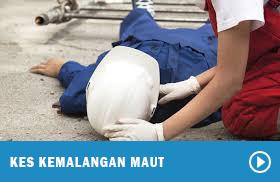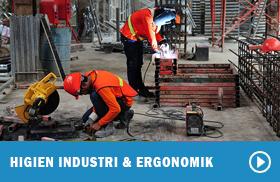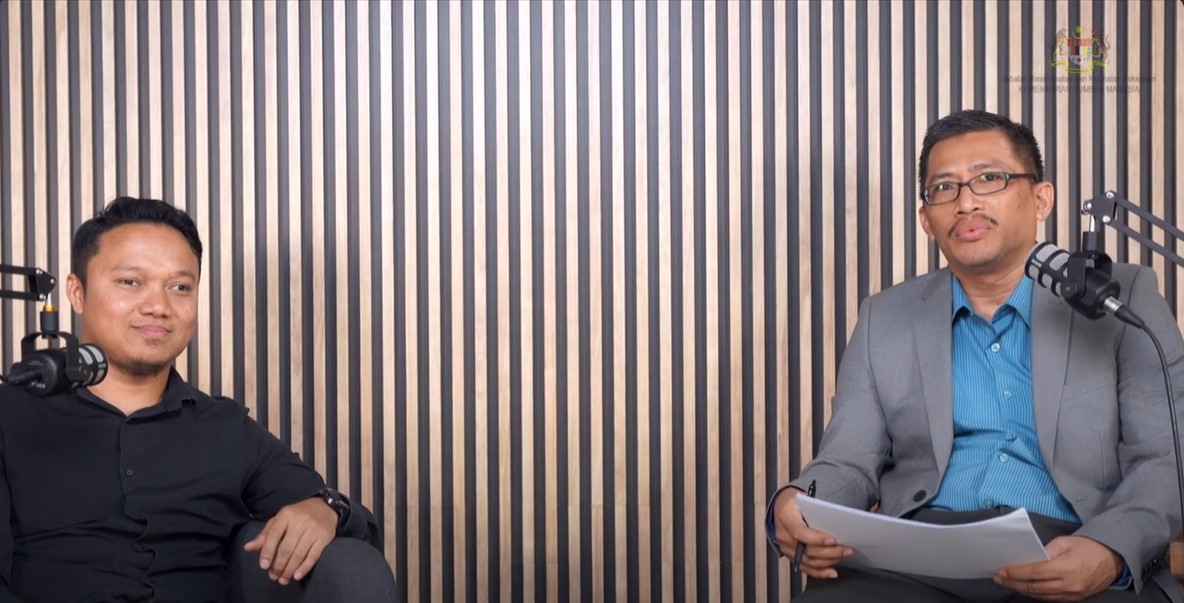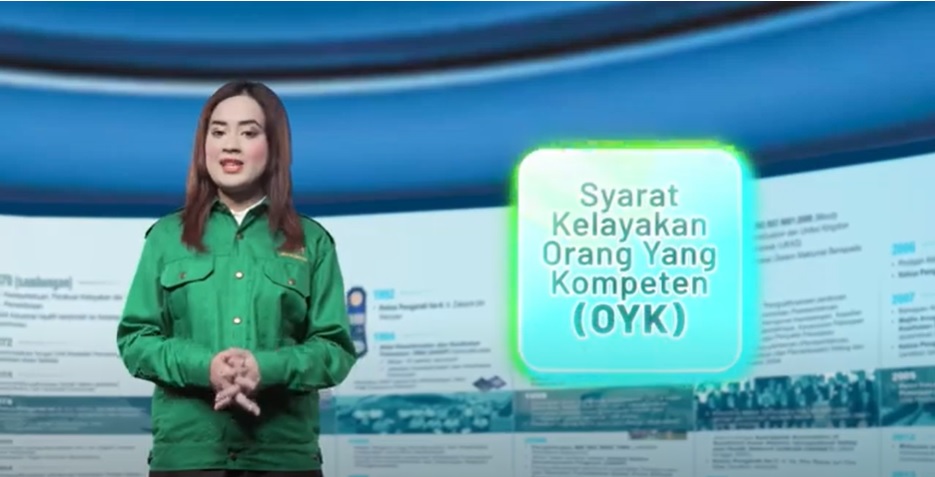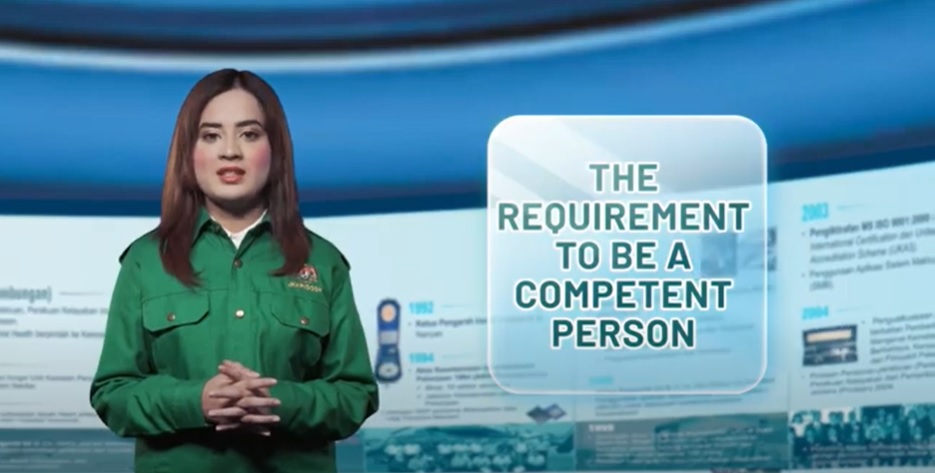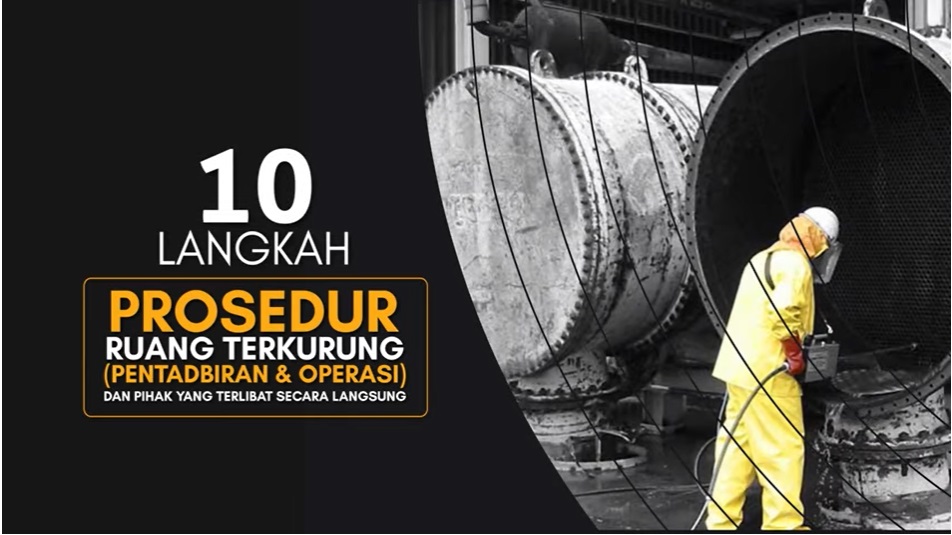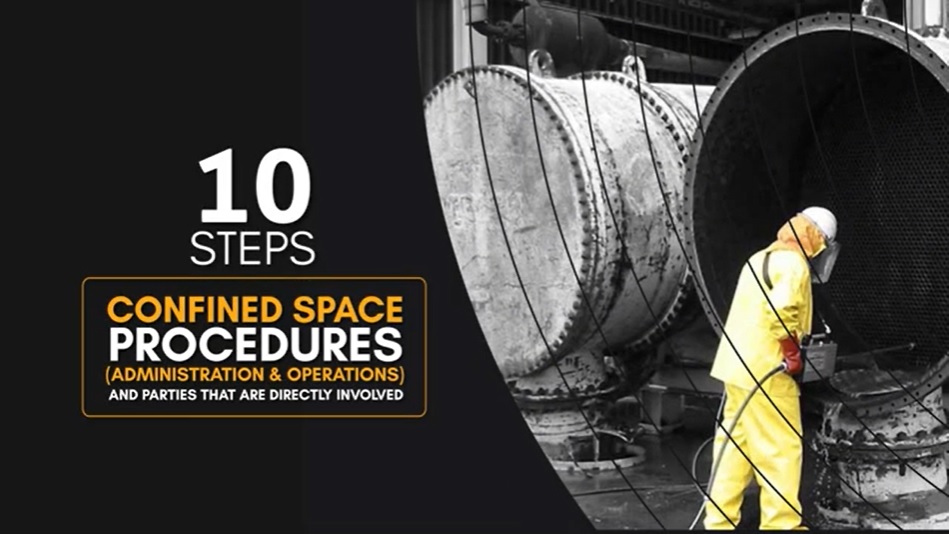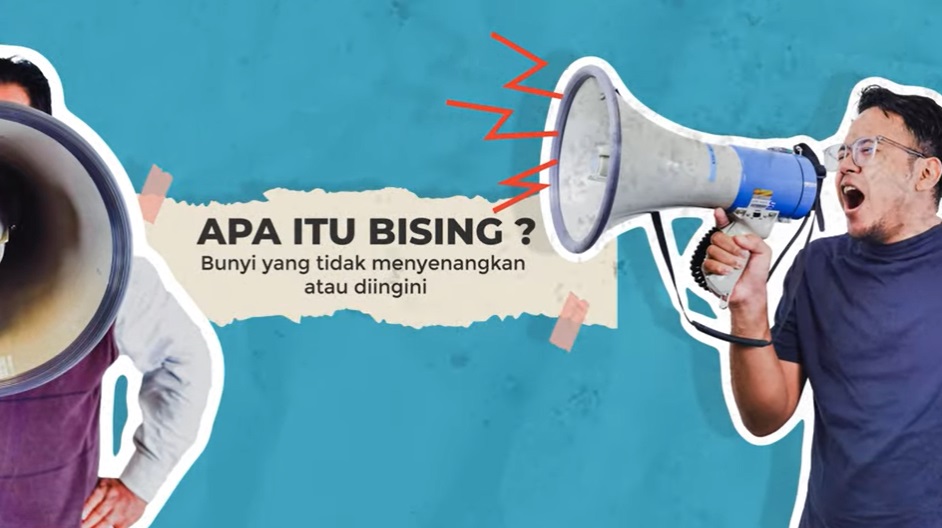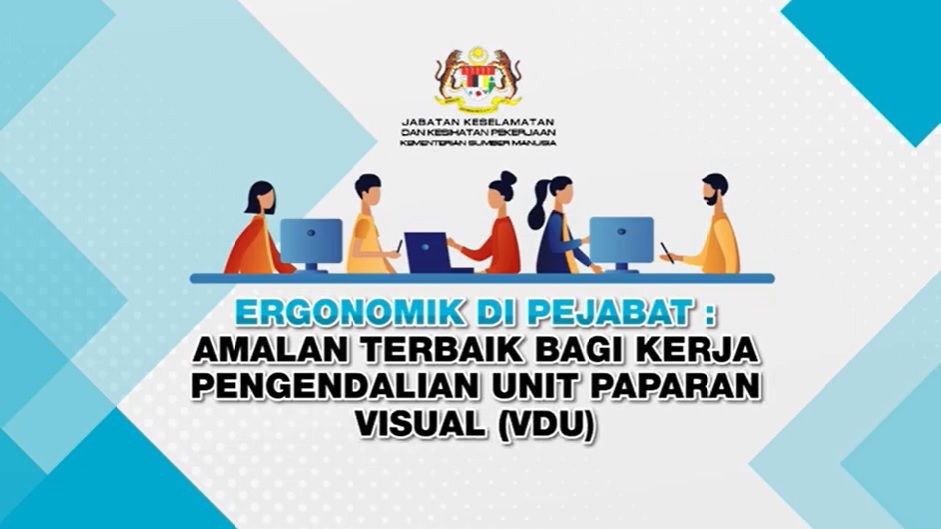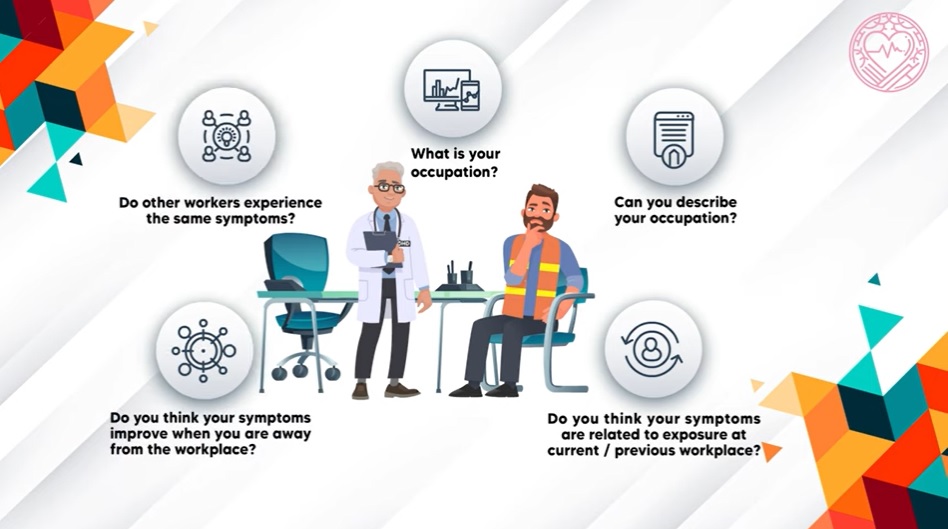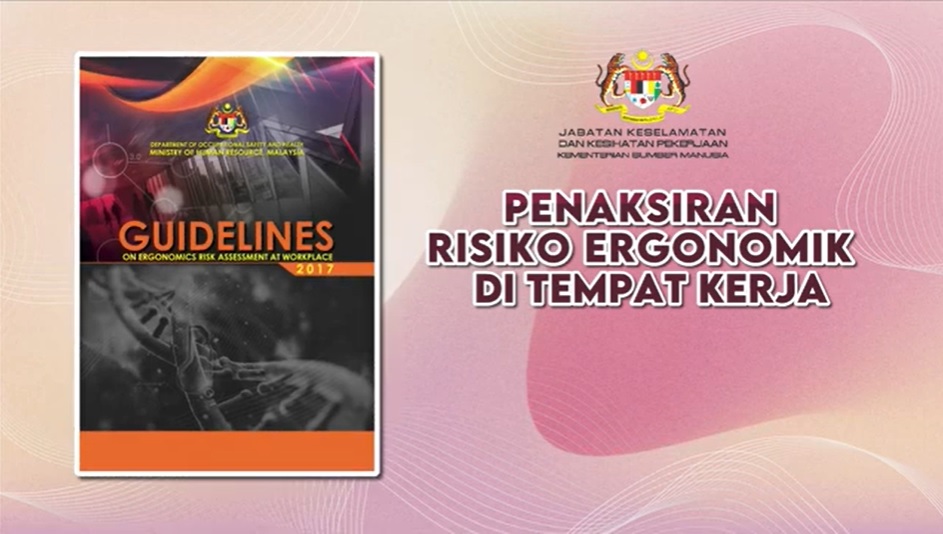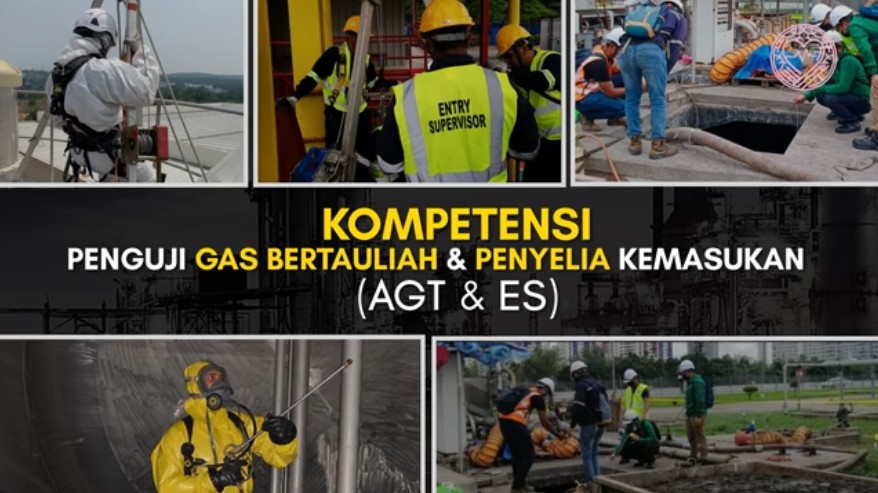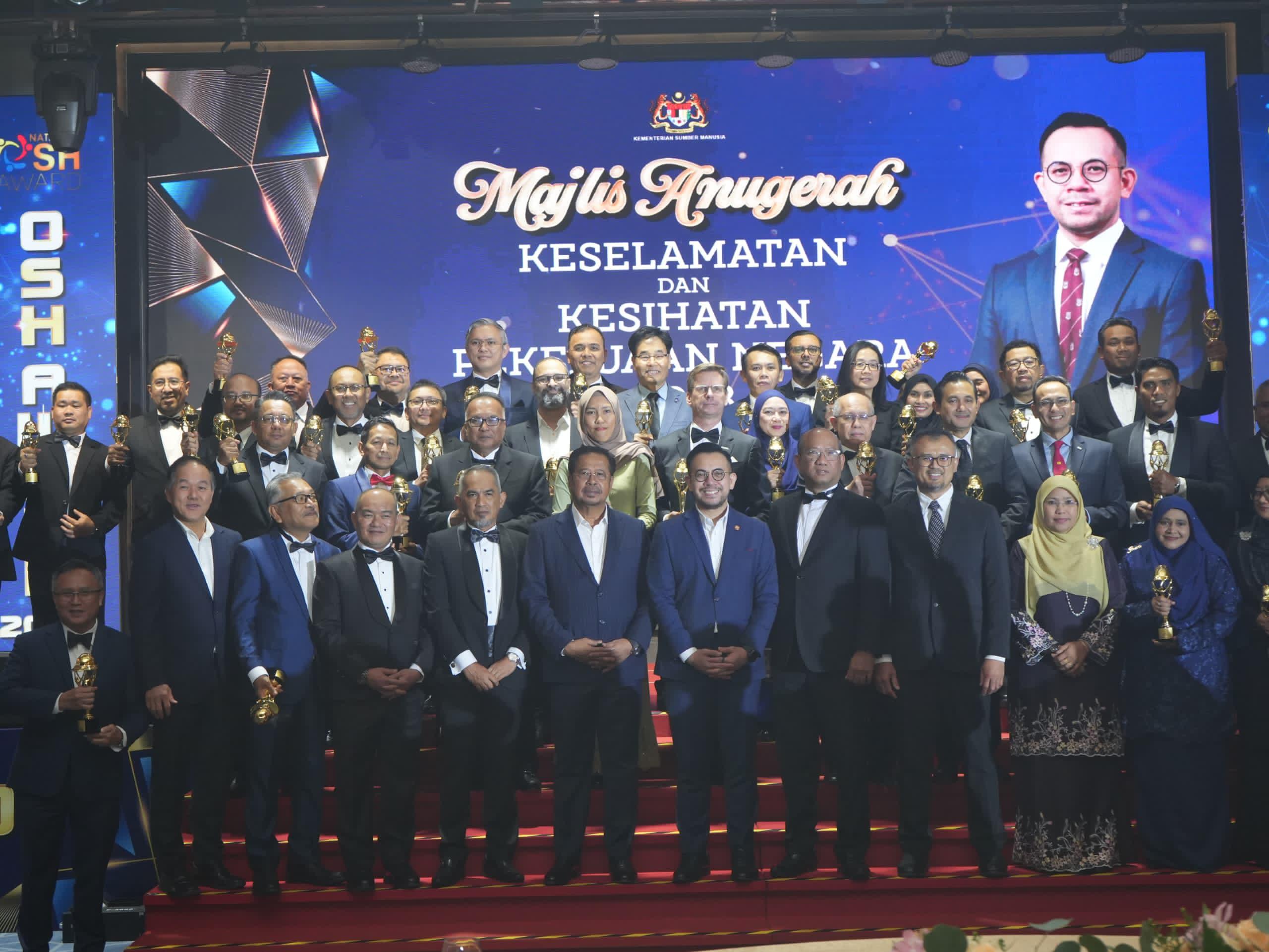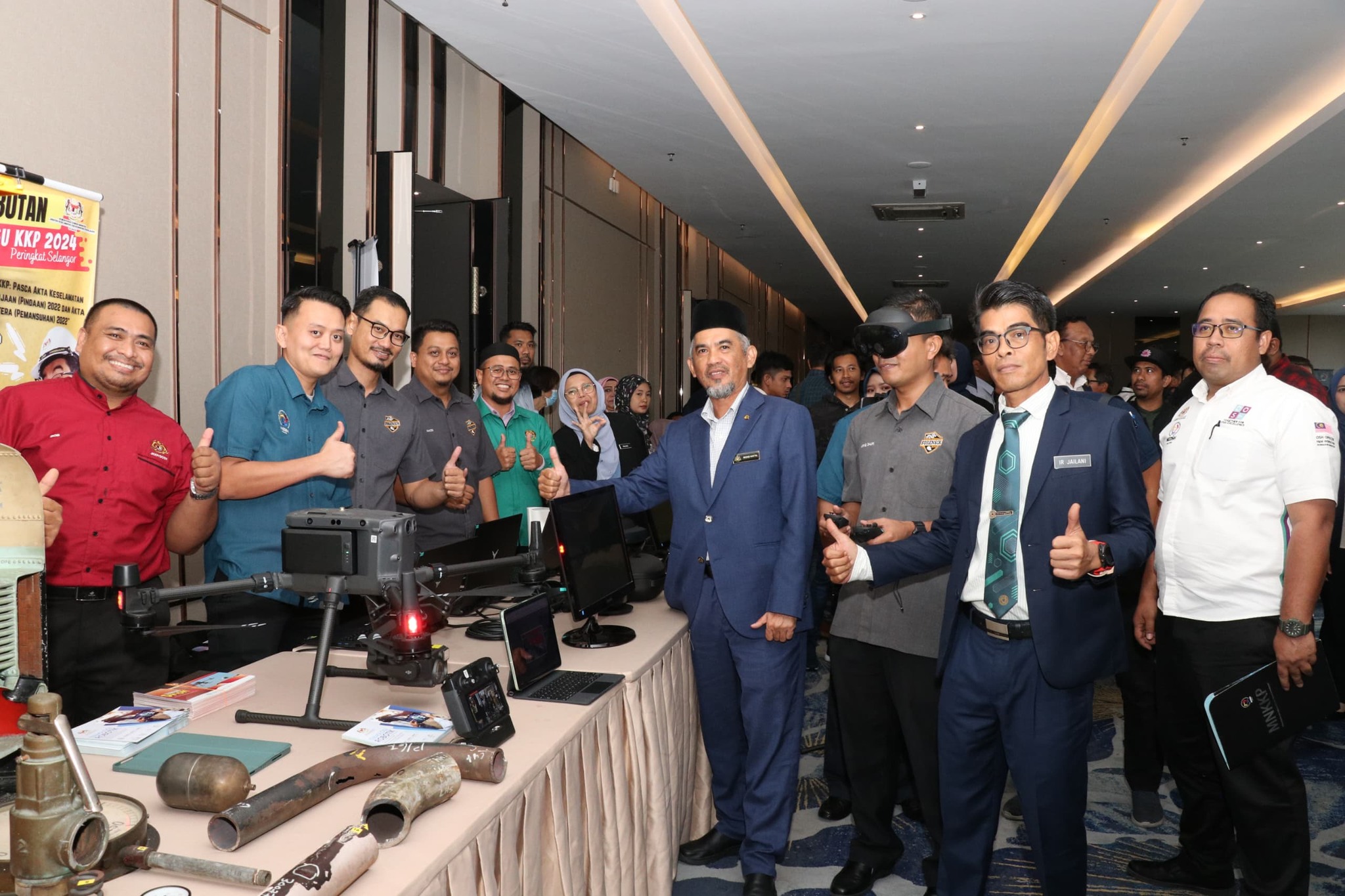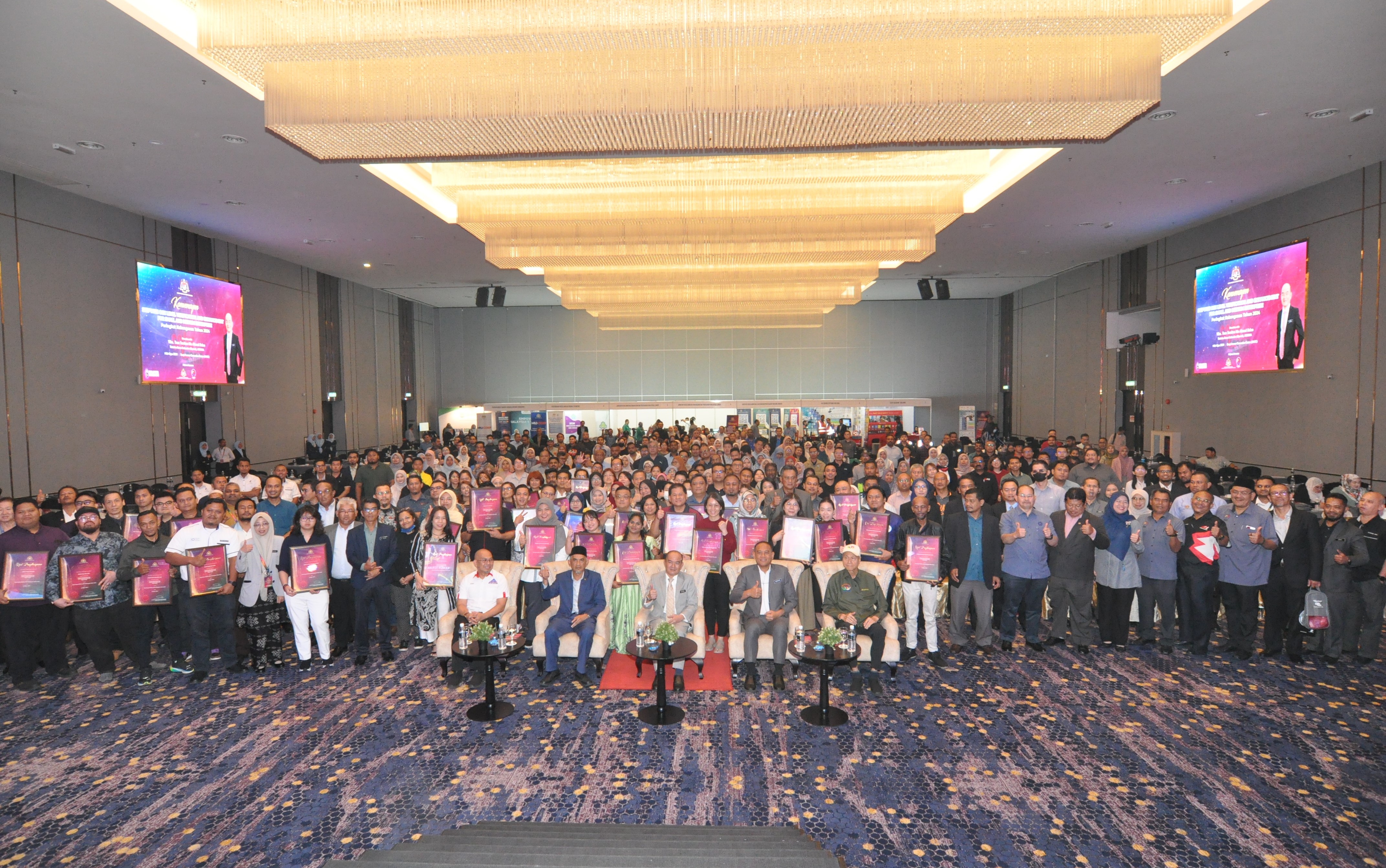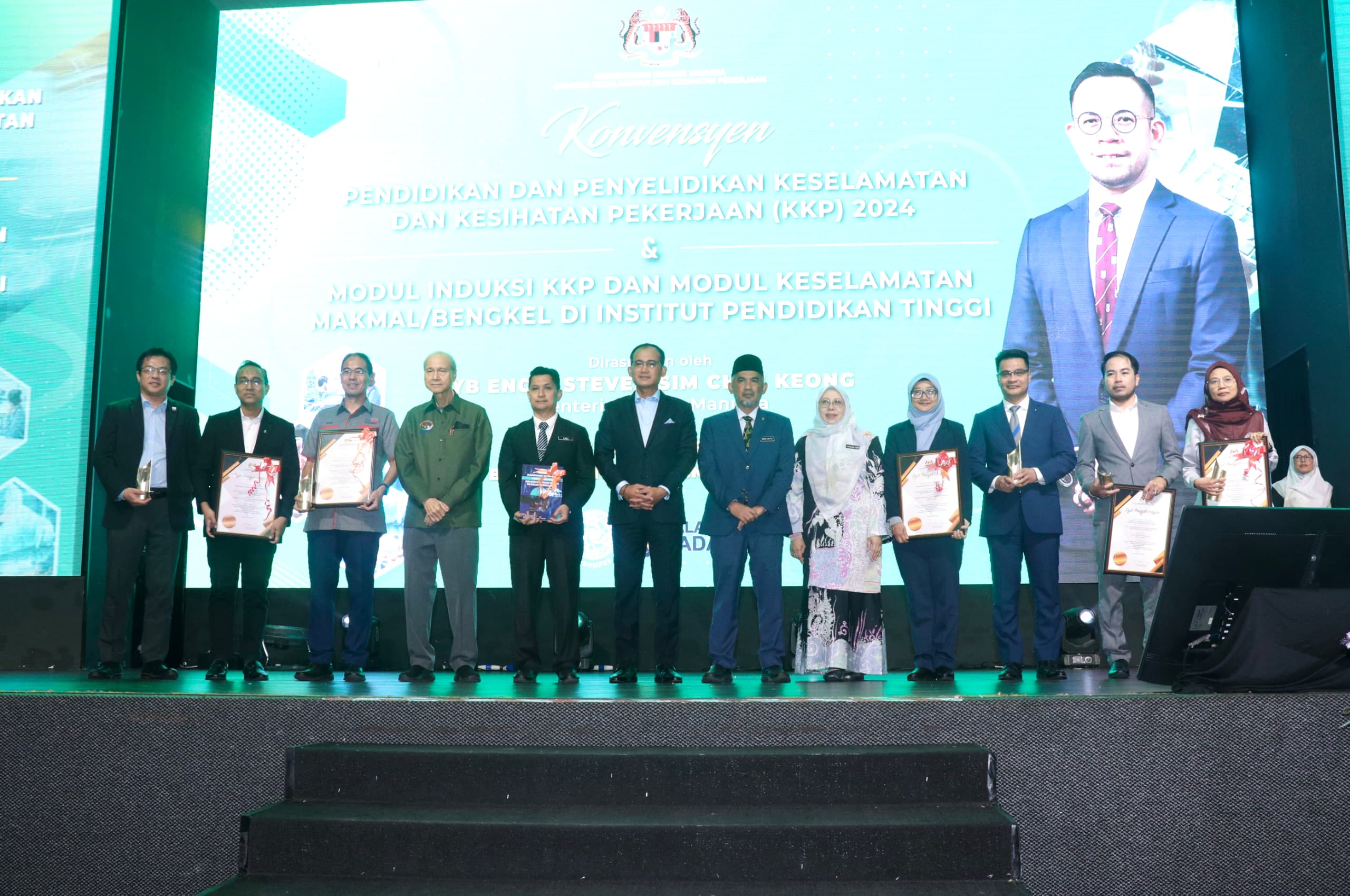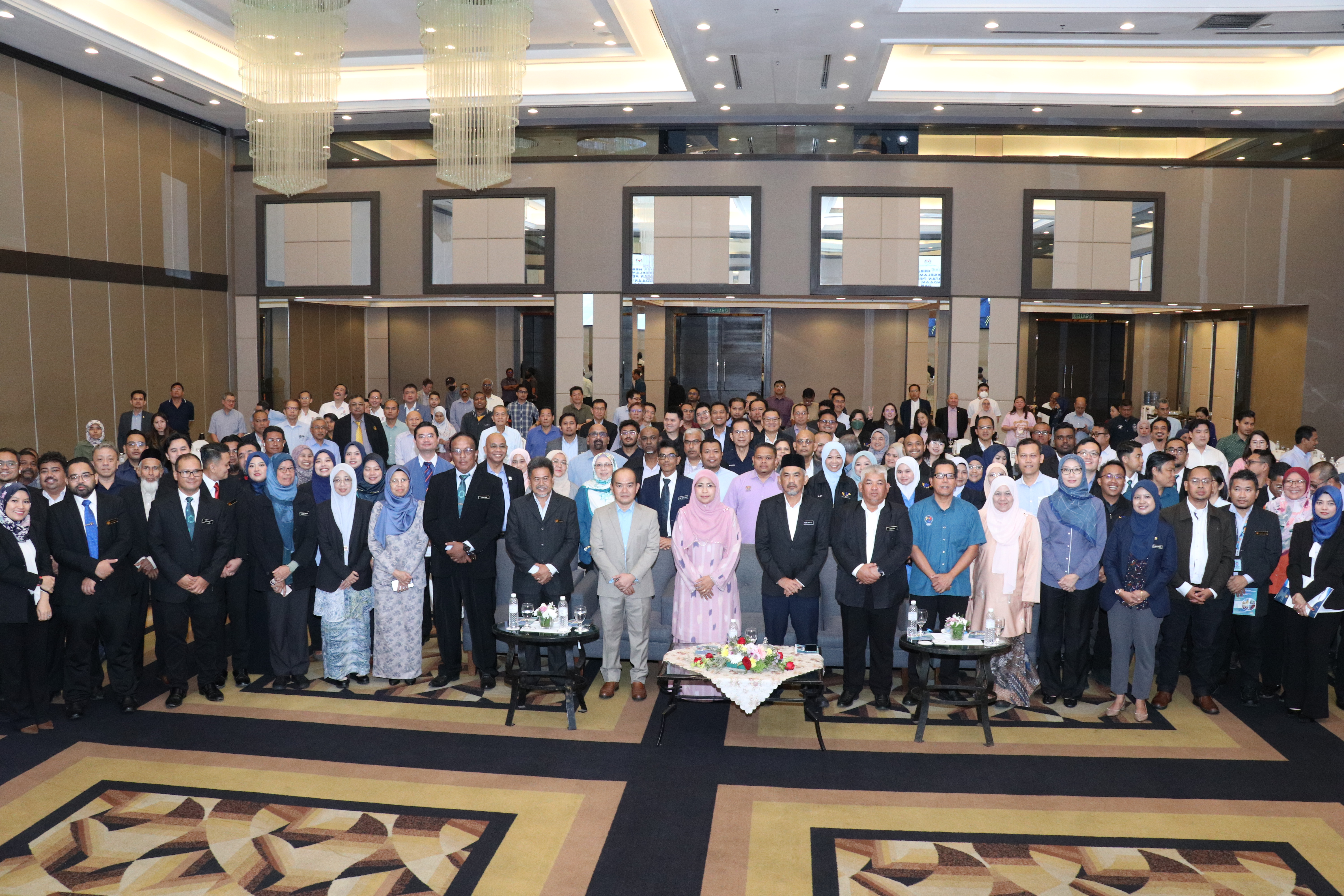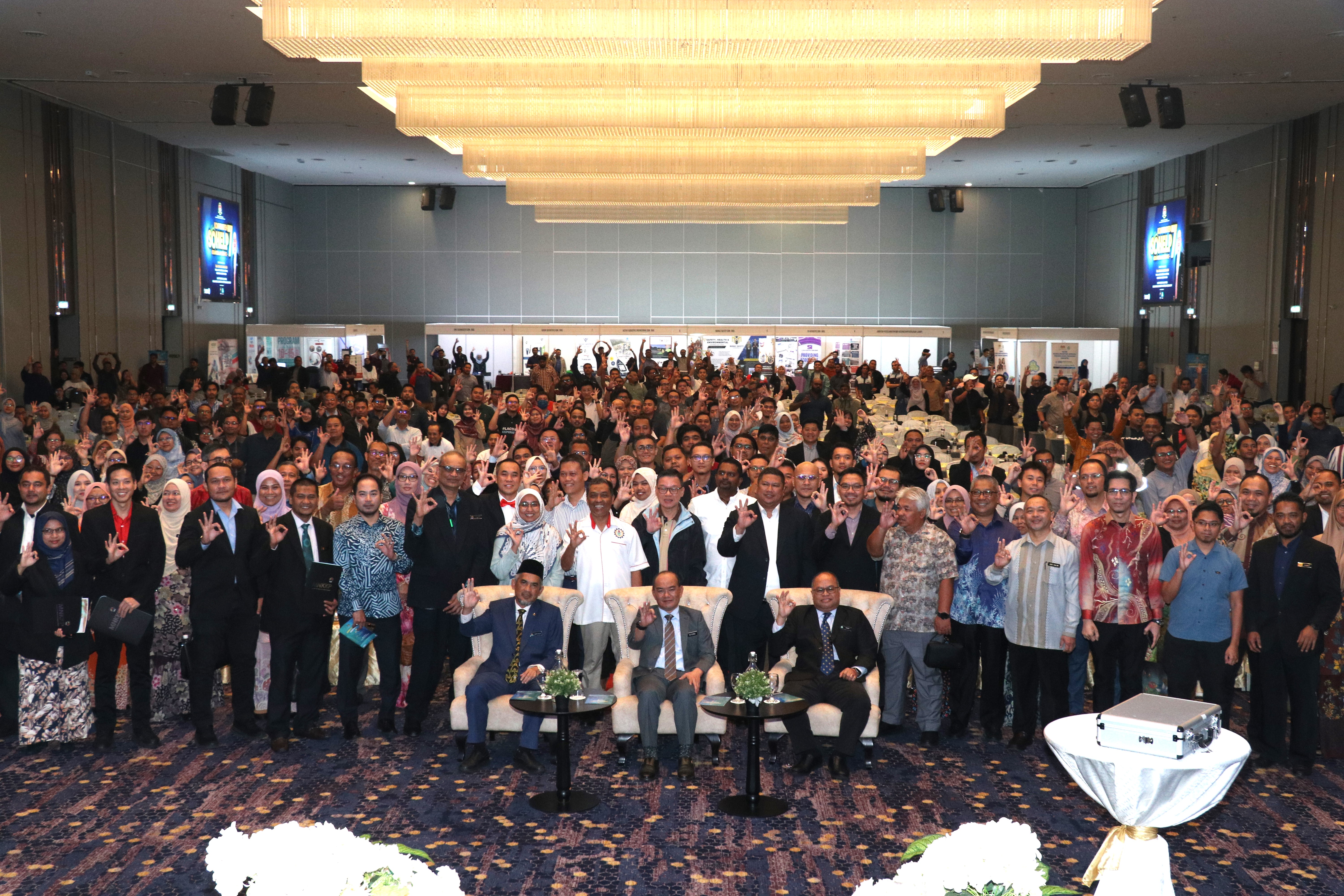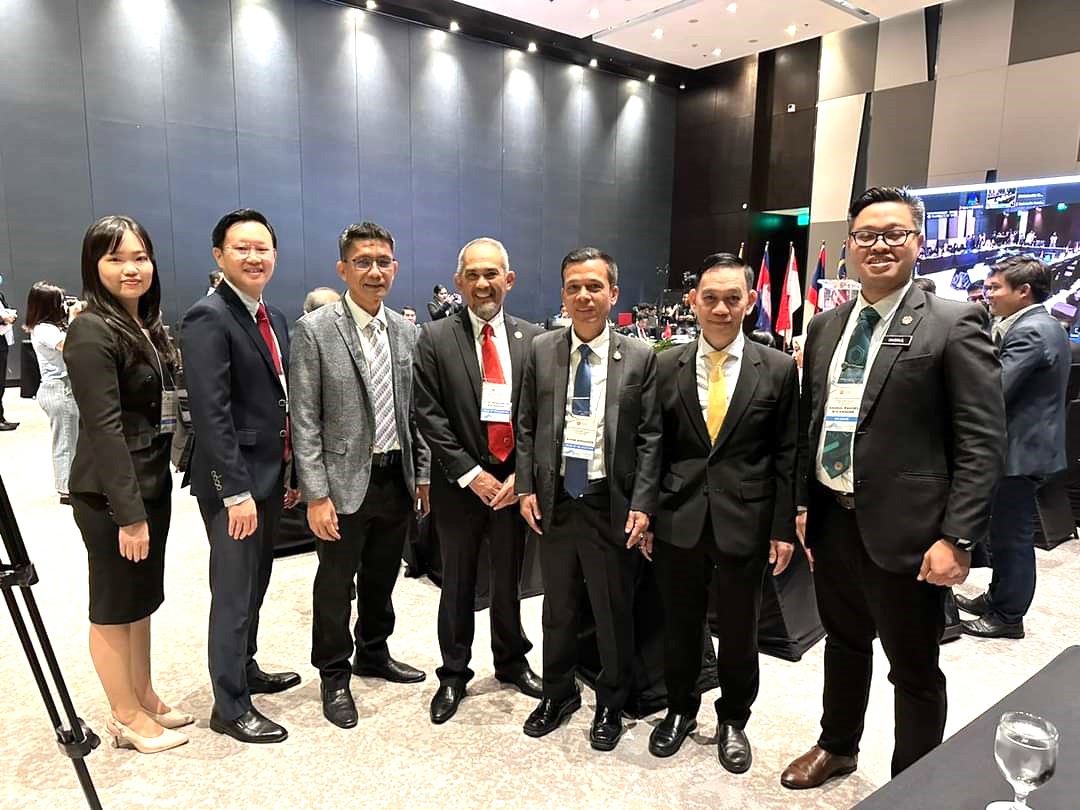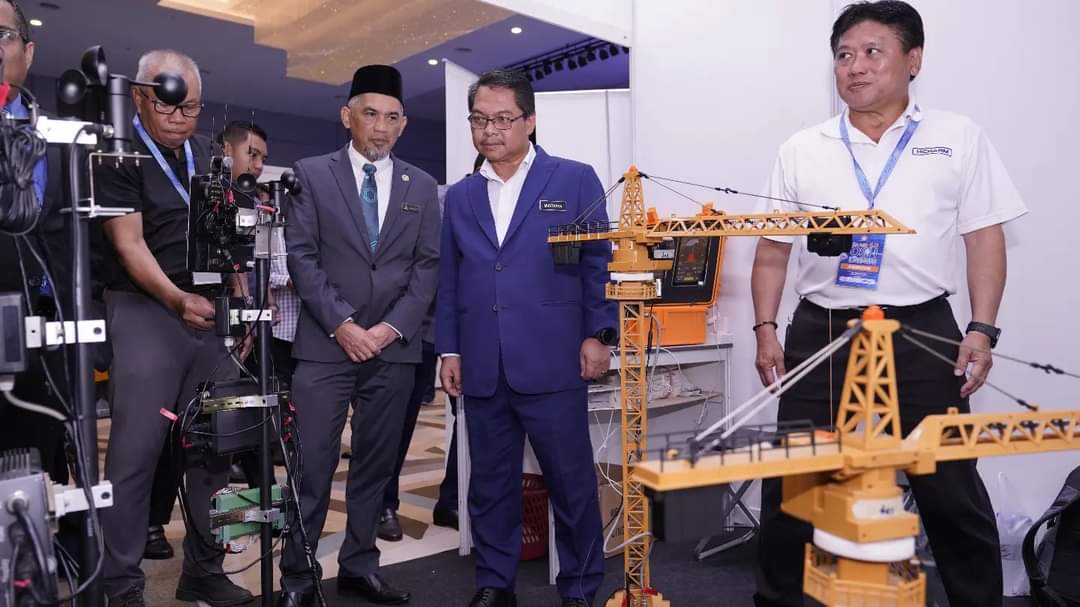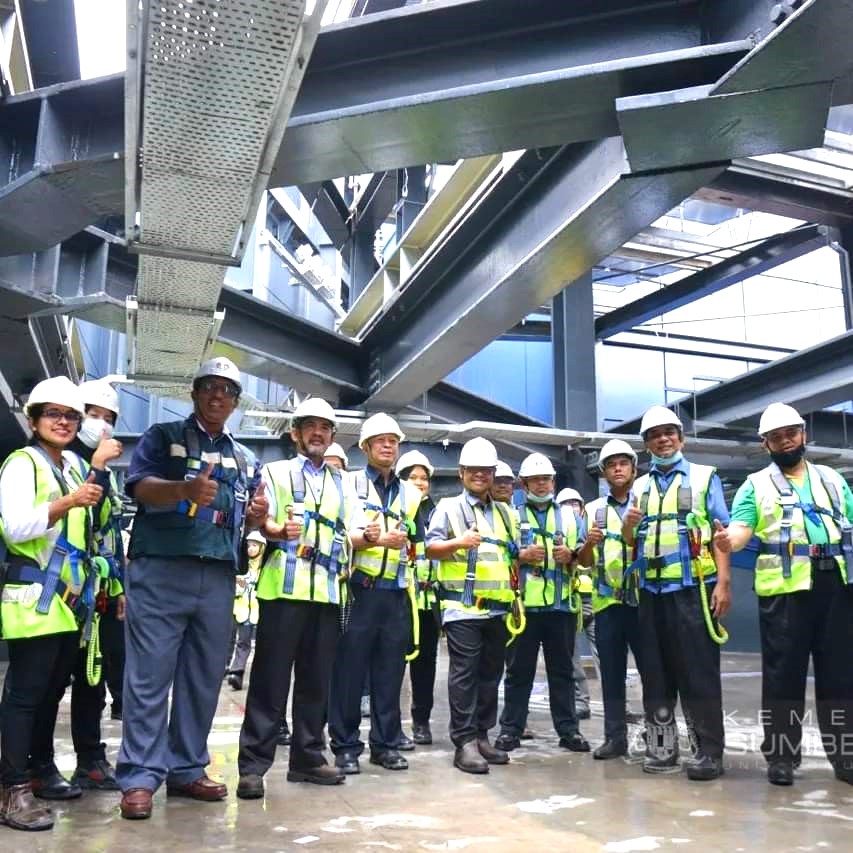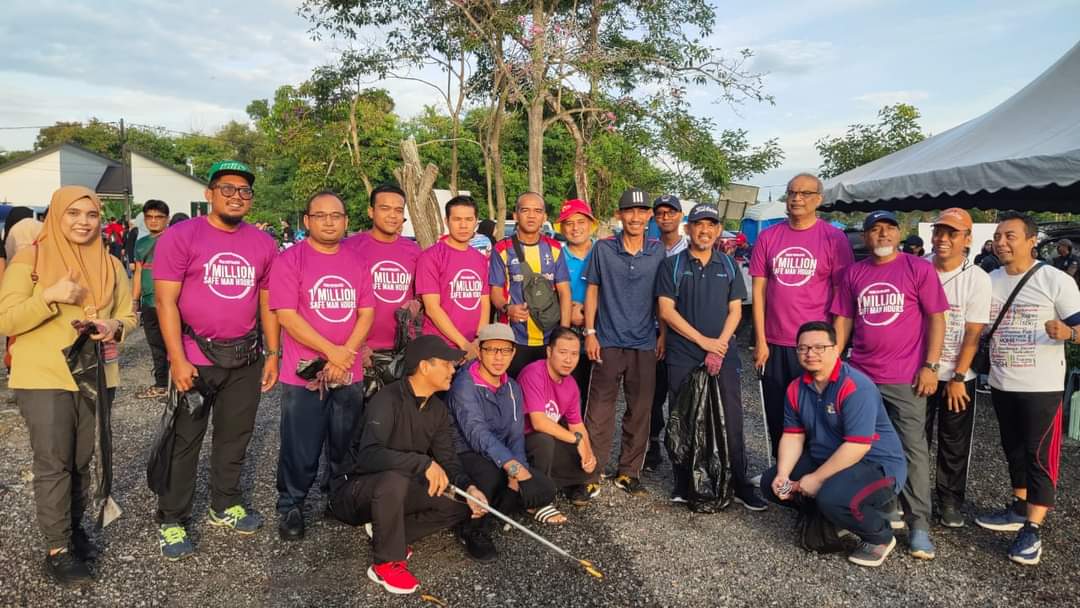Death by uranium
The Star Online, 28 April 2014
Uranium miners reportedly dying of cancers and unexplained illnesses.
MINERS who dug uranium ore that supplied the British and US military in the 1970s with the raw material for bombs and civil nuclear power are reported to be dying of cancers and unexplained illnesses after working in one of Africa’s largest mines.
A study based on questionnaires of current and former workers at the giant Rio Tinto-owned Rossing uranium mine in Namibia says that everyone questioned was aware of people who are now suffering lung infections and unknown illnesses thought to be linked to their work.
The mine, in the Namib desert, produces around 7% of the world’s uranium but was operated with rudimentary safety when it opened in 1976. “People get sick. We are seeing it in people who have worked for Rossing for a long time. They just go back and die after working there,” one man told researchers working with Earthlife Namibia and the Labour Resource and Research Institute.
The study accepts that working conditions in the mine have greatly improved but says that all workers questioned said that they were exposed to high levels of dust.
“Two current workers are on sick leave since 2000 and 2003. One worked as a laboratory technician for 24 years and claims to have proof he was radiated,” says a summary of the paper.
Rossing, which mines millions of tonnes of rock a year to extract uranium, employs more than 1,500 people. “Most workers stated that they are not informed about their health conditions and do not know if they have been exposed to radiation or not. Some workers said they consulted a private doctor to get a second opinion,” say the authors.
“The older workers all said they know miners dying of cancers and other illnesses. Many of these are now retired and many have already died of cancers,” says the report.
A spokesman for Rio Tinto said that Rossing has been recognised by independent consultants as one of the world’s safest mines.
“The health and safety of our employees is the top priority. We have health management systems in place to make sure that everyone goes home safe and healthy every day. Effective controls ensure that radiation exposures to employees are kept well below the Rossing standard for occupational radiation exposure.
“The company keeps detailed records of the health status of its workforce from the day of employment to the day they leave the company. It therefore does not need to speculate on health issues of its employees.”
One former worker said: “Yes, I have cancer now. In the beginning they did not want to give money for the treatment but later when they referred me to a doctor for an operation they gave me money for treatment.”
During the first years of operation, Rossing operated with a migrant labour system which the International Commission of Jurists declared illegal and said was similar to slavery. Black workers lived on the mine premises and were exposed to dust and radiation 24 hours a day and the mine became the focus for protests by anti-apartheid and anti-nuclear groups.
Shares in the mine are owned 69% by Britain-based Rio Tinto, and 15% by the government of Iran. The Namibian government has denied supplying Iran with Namibian uranium which could be used for nuclear weapons.
“Uranium companies generally deny that workers get sick because of exposure to radiation. They blame the bad health conditions to unhealthy lifestyles such as eating habits, tobacco smoking and alcohol,” says the study.
Former Rossing mineworkers and people from communities adversely affected by Rio Tinto mines in west Papua, Madagascar, Namibia, Mongolia and the US have petitioned Rio Tinto shareholders at a recent annual meeting in London. – Guardian News & Media
















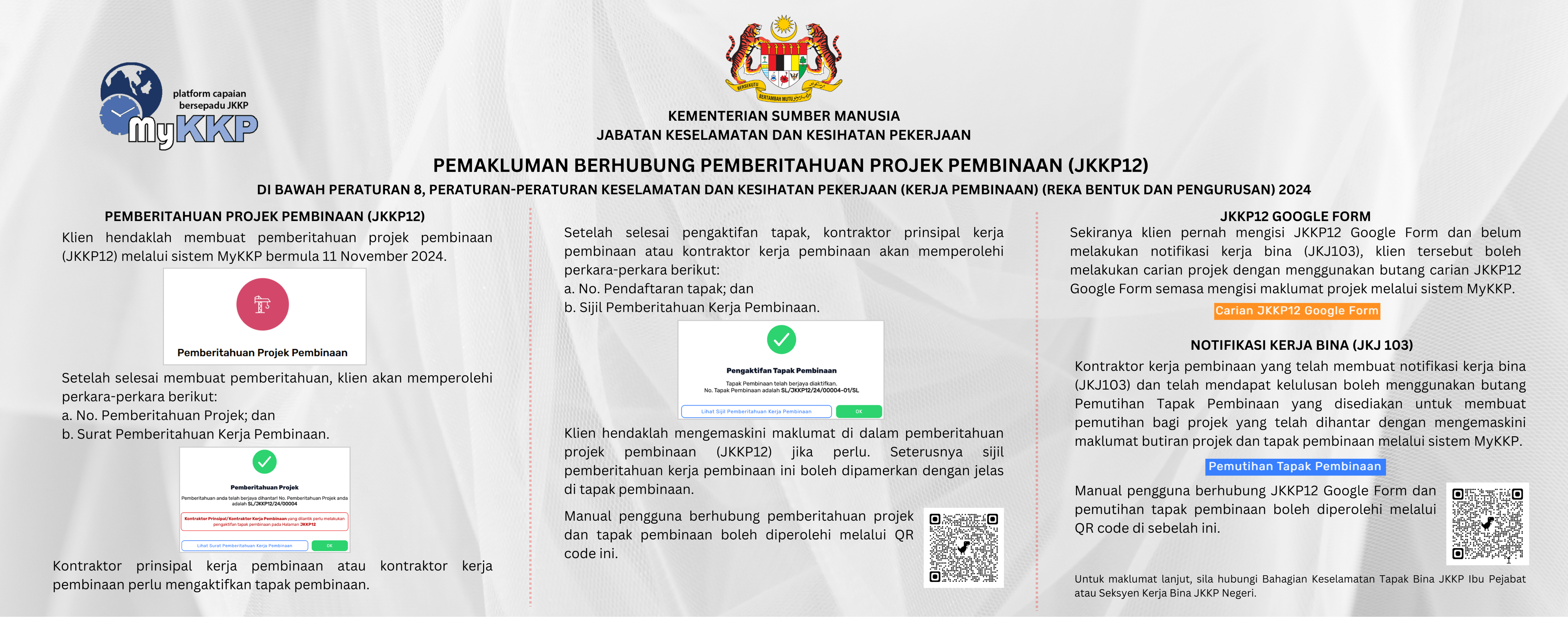
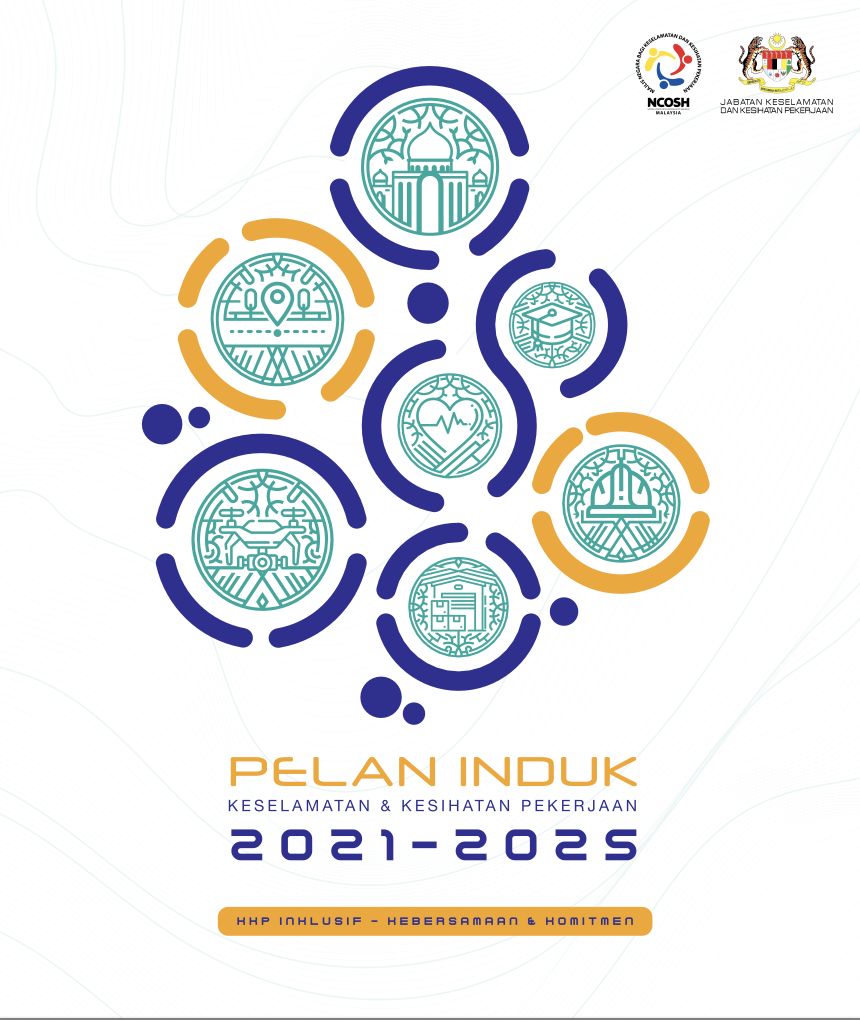


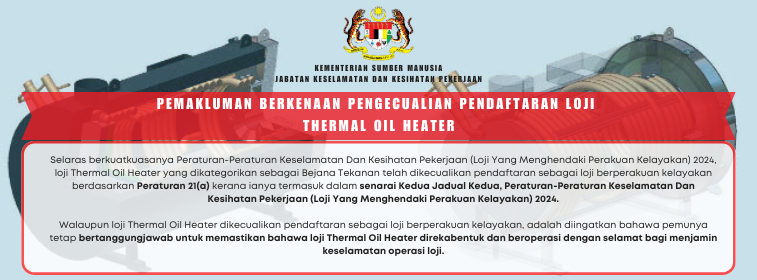
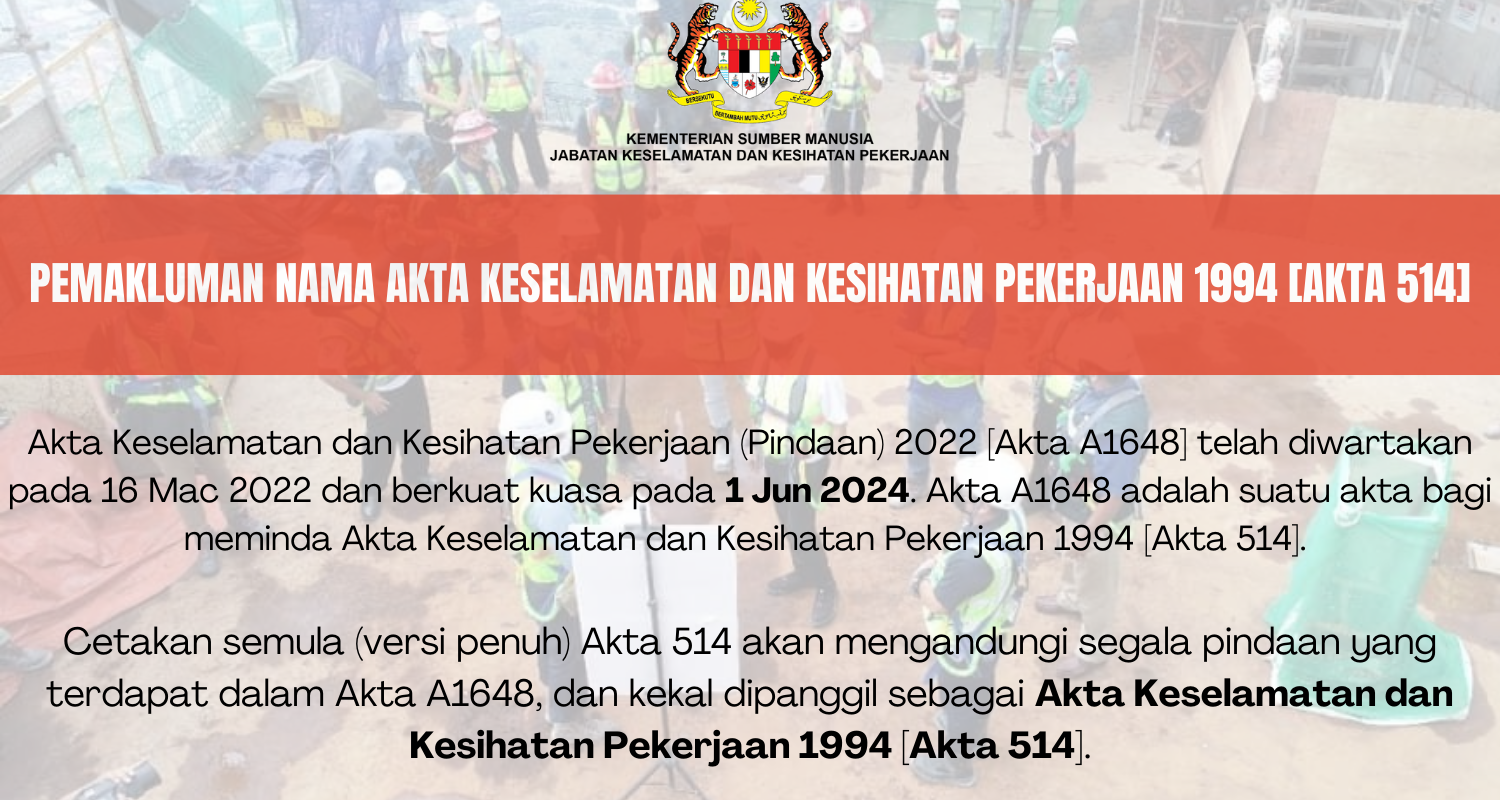
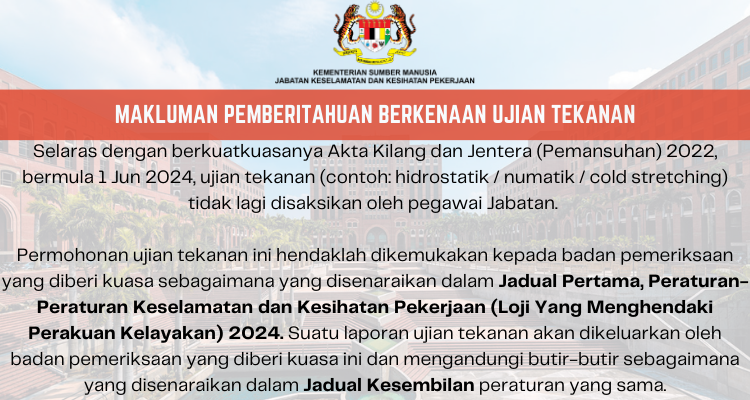
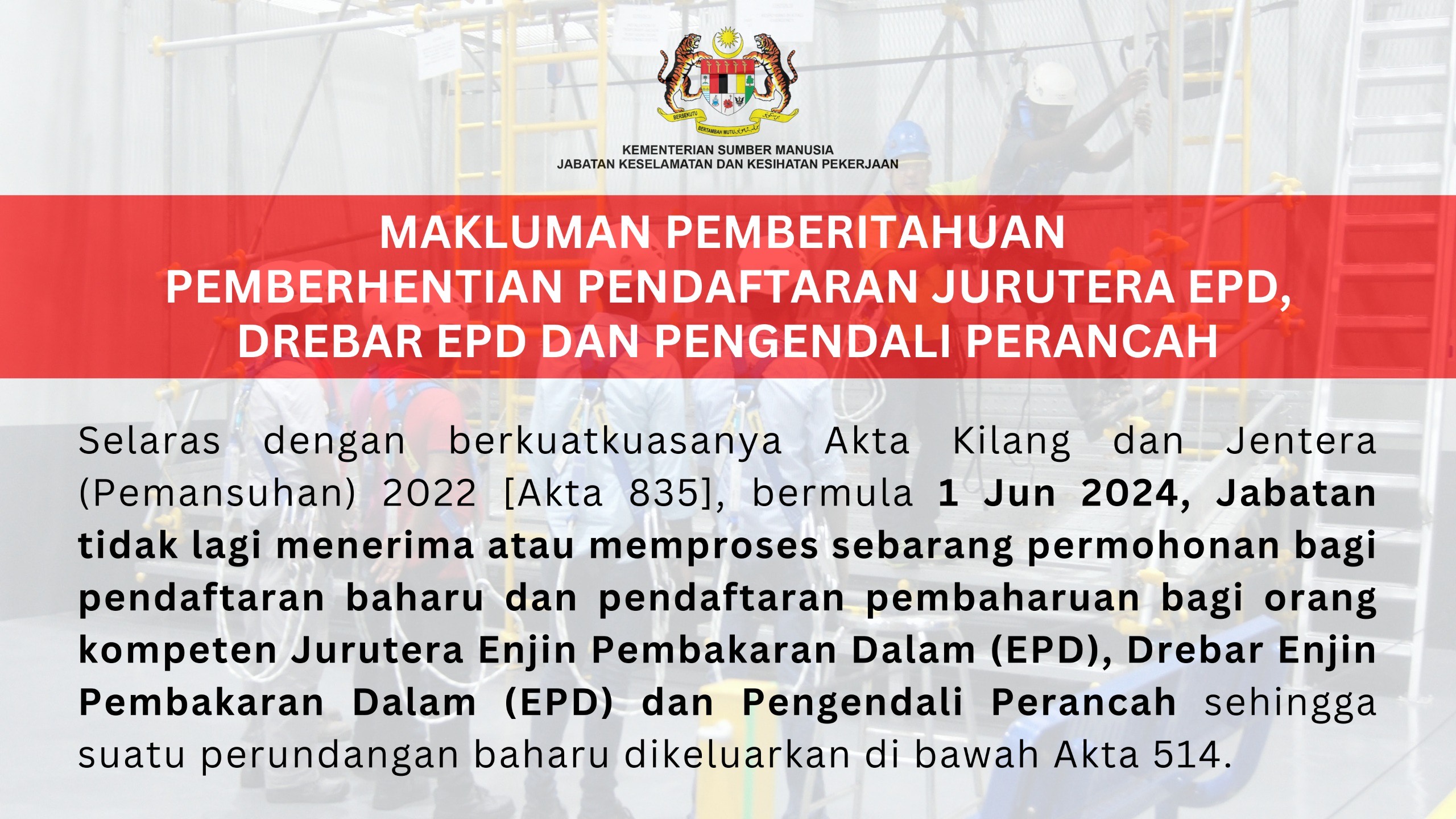
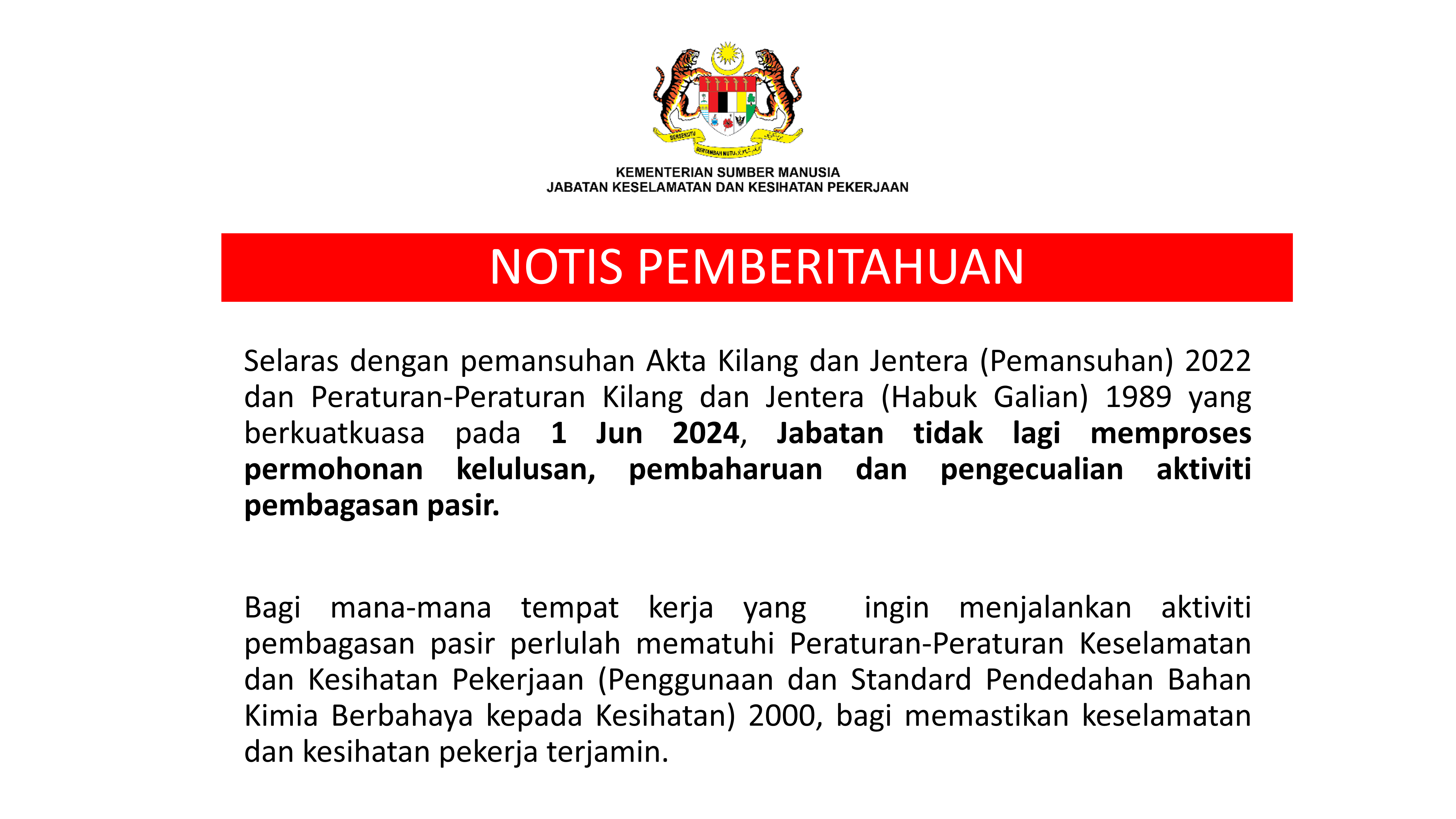
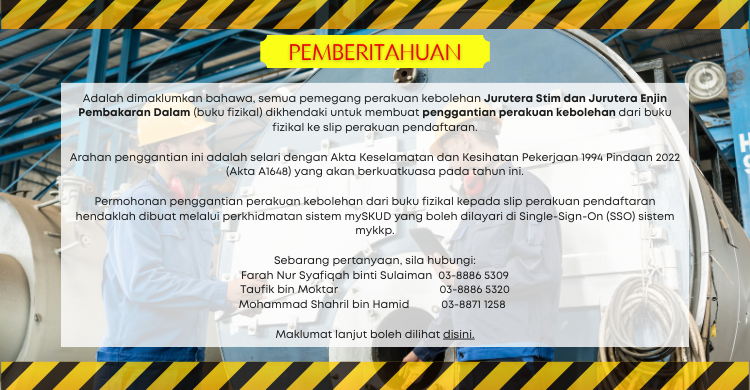
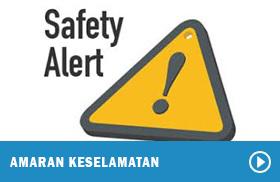

 >
> 